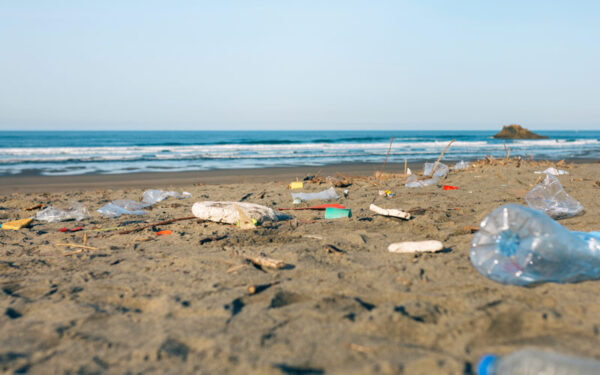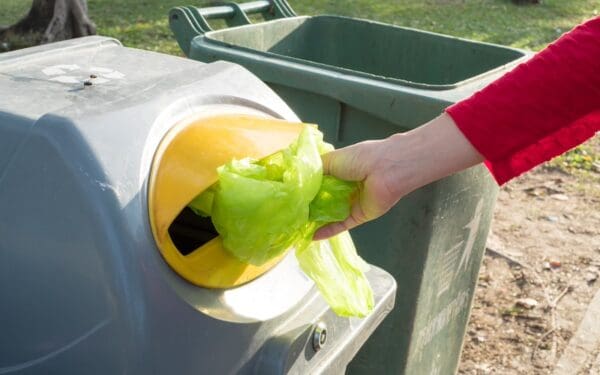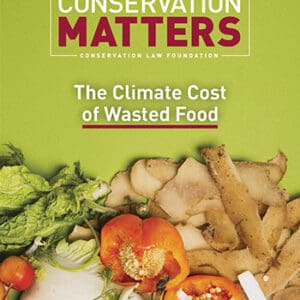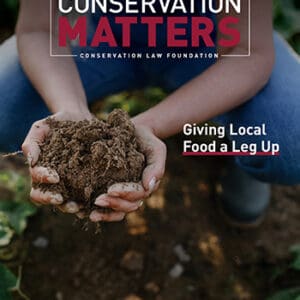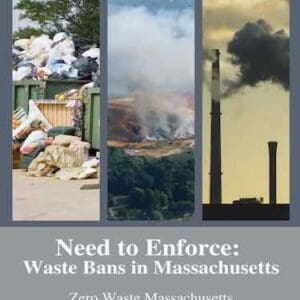We are shifting the way New England deals with its trash.
We have a trash and recycling crisis. Landfills and waste incinerators threaten our health, communities, and environment. Recycling costs have skyrocketed across the region. And the manufacture and disposal of plastic packaging worsen climate change.
That’s why CLF launched its Zero Waste program. We fight to protect New England communities from the dangers posed by these unsustainable ways of managing our waste. And we push to implement practical solutions that work.
The reality is that many of us ignore our trash once the garbage or recycling truck pulls away from the curb. But we can no longer afford to ignore its harm to our communities and our environment. Environmental justice communities feel this harm most acutely because they host a disproportionate share of landfills and waste incinerators throughout New England.
What’s more, solid waste pollution is a big contributor to climate change – from the fossil fuels used in plastic production to the huge amounts of methane released by landfills.
Safer, healthier ways to manage our waste exist, and we owe it to our families to put them into practice. At the same time, solving this crisis goes beyond what we throw into the trash can or recycling bin. How we make and package products plays just as big a role.
CLF is leading the region in pushing for system-wide solutions that will support our families, communities, and climate. We focus on:
- stopping new and expanding landfills and incinerators. We’re protecting our communities and challenging the status quo that claims the current way of managing trash is the only way;
- passing innovative legislation to lower plastic pollution and hold plastic polluters accountable financially. First-in-the-nation producer responsibility laws and bottle bills will drive innovation by manufacturers to cut plastic waste at the source;
- pressing for Zero Waste best practices New England-wide, including community composting to slash food waste and package reuse systems to eliminate single-use plastic. Generating less trash will reduce our need for dangerous landfills and incinerators regionwide.
Transforming the way we deal with packaging, food waste, recycling, and trash isn’t easy. But it is achievable. And it’s necessary if we are going to curb toxic pollution in our communities, cut climate-damaging emissions, and protect wildlife from hazardous litter.


